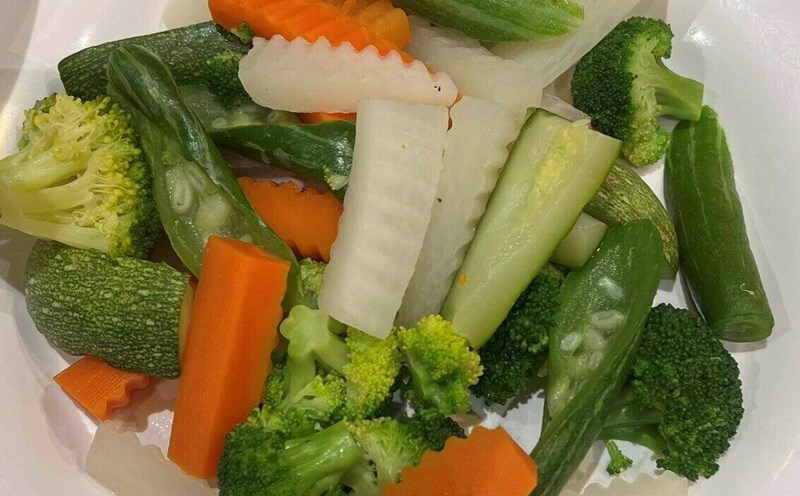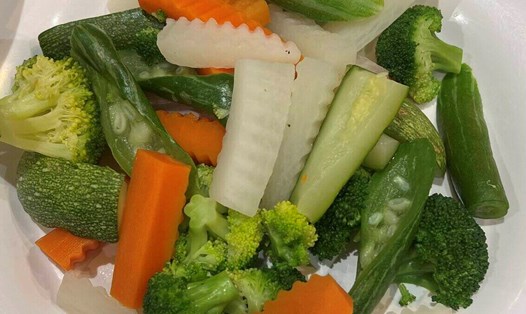Complications of diabetes, a disease characterized by chronically high blood sugar, can cause potassium levels to be too low or too high.
Insulin, a hormone that helps treat high blood sugar, can also affect potassium. Using insulin to treat high blood sugar can cause potassium deficiency.
By increasing your potassium intake while taking insulin, you can prevent potassium deficiency, improve insulin sensitivity, and increase the effectiveness of the medication.
Increasing your potassium intake may benefit you if you have diabetes or another disorder that causes high blood sugar. Many potassium-rich foods, including fruits, vegetables, beans, and milk, are also important sources of this electrolyte for people with diabetes.
However, some potassium-rich foods also rank high on the glycemic index. Therefore, you should avoid them if your body has problems regulating blood sugar, such as some types of fish, red meat...
Fruits and vegetables are good sources of potassium for people with diabetes. Some potassium-rich foods that are good to eat if you have diabetes include beans, yogurt, nuts, salmon, tomatoes, etc.











